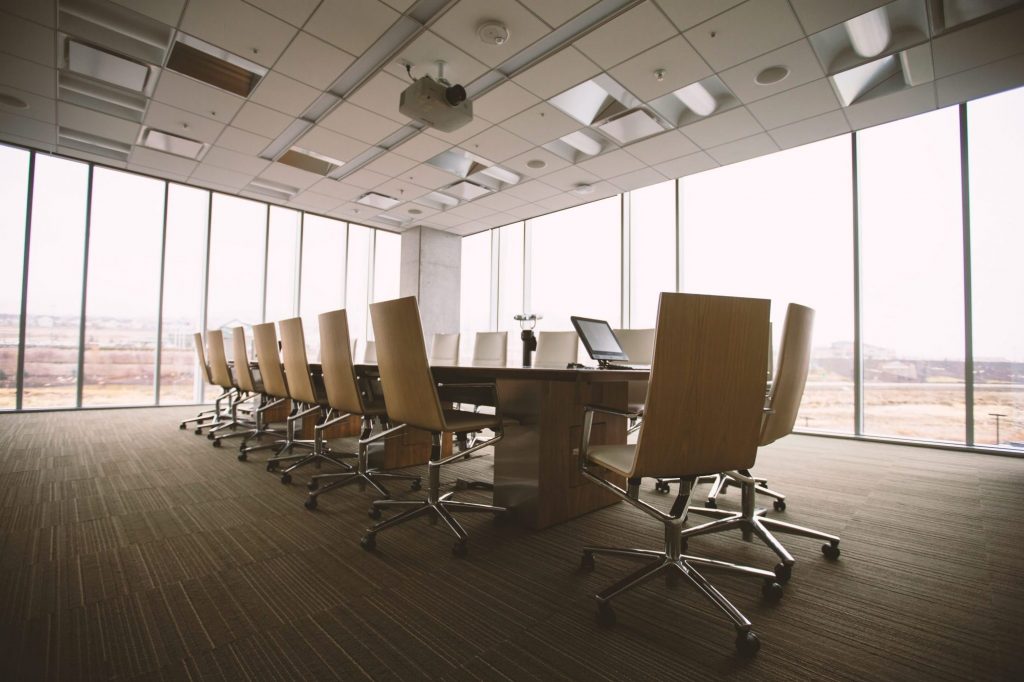Skift Take
Hotels and airlines, rejoice: a larger remote workforce in the future will likely usher in an entirely new type of corporate travel.
Travel sectors like the hotel and airline industries grappled over the last year with what the pandemic’s impact on the workplace would be and how that might impact their own revenues.
But there is a growing sentiment across the greater travel industry that companies giving up massive office leases may actually benefit hoteliers and airline operators.
“You will have folks that were not business travels previously now working remotely,” said Nina Herold, chief product and operations officer at TripActions, on Wednesday at Skift’s Business Travel and Future of Work Summit. “They now will be a business traveler on a monthly or quarterly basis in order to get together with their team to collaborate and make their company or product more effective.”
Corporate travel in the past was typically split between the business-transient and meetings and events sectors. But there is now the expectation of a new third type of corporate travel emerging as a result of the pandemic: a distributed workforce that doesn’t work in a main office but still meets on a regular cadence, Herold told Skift founder and CEO Rafat Ali.
All the major hotel companies like Marriott, Hilton, and Accor have rolled out various hybrid meeting offerings in recent months to bank on a future event and convention space where there is a mix of in-person and remote attendance.
Smaller brands like Proper Hospitality have looked to partnerships with coworking providers like Industrious or, in the case of Marriott, launched their own work-from-hotel models to appeal to guests who may want a workplace that isn’t necessarily a regular office but isn’t their home, either.
Real estate analysts don’t expect the work-from-hotel trend to remain a widespread practice once hotels recover from their pandemic financial losses, but they do think it could remain a niche offering and one of many options for companies looking for workspaces that isn’t a long-term, traditional office lease.
The Hoxton is a hotel brand that even rolled out a co-working platform before the pandemic, and that could grow significantly as a result of the shift in work trends.
“If hotels take it seriously and build it into their strategy and invest in it in a holistic way, it’s a massive opportunity,” said Meetingsbooker.com CEO and founder Ciaran Delaney.
Various polling shows corporate travel has the potential to play an even more important role in a future where remote work is more common. More than 80 percent of business travelers and close to 80 percent of managers agreed or strongly agreed that meeting in person was more effective than meeting virtually, according to a survey included in a TripActions and Skift report from last month.
Roughly half the business travelers polled in a recent Global Business Travel Association survey are comfortable traveling with the world’s current health conditions. Eighty-five percent of the travel buyers polled are comfortable getting back to travel once vaccinated, said GBTA CEO Suzanne Neufang.
Some of this optimistic outlook is still years off from translating to a corporate travel rebound, according to a GBTA projection earlier this year. The organization expects global business travel activity won’t return to pre-pandemic levels for another four years.
But the GBTA still expects a 21 percent increase in corporate travel in 2021 from last year. The organization is revisiting its forecast this summer to see if there are any changes from its earlier study anticipating a return to pre-pandemic levels by 2025.
“Vaccinations are a key point for this to resume,” Neufang said. “That will be one of the key positions to getting business travel back.”
Have a confidential tip for Skift? Get in touch
Tags: coronavirus, coronavirus recovery, gbta, skift live, tripactions
Photo credit: A future workplace away from a central office may accelerate the travel industry's recovery. Piqsels

